While the Vietnamese public watched the U.S. election with curiosity, the leadership in Hanoi probably looked at the results with trepidation.
While Hanoi’s “bamboo diplomacy” of building balanced strategic relationships with major global powers gives it a measure of comfort, Vietnam is far more vulnerable to changes in U.S. economic and trade policies, not to mention security policy, than almost any other country in Southeast Asia.
Vietnam’s chronic and growing trade surpluses with the United States are now likely to be at the forefront of the bilateral relationship.
In 2017, the first full year of the Trump presidency, Vietnam had a $38.3 billion trade surplus with the United States. By 2020, Trump’s last full year in office, that trade surplus had ballooned to $69.7 billion, according to the U.S. Census data.
That prompted the Trump administration to label Vietnam a “currency manipulator”. The Biden administration quickly resolved the currency dispute with Hanoi, but the trade deficit continued to balloon.
In 2023, the United States ran a $104.6 billion bilateral trade deficit with Vietnam and in the first nine months of this year, the trade deficit already reached $96 billion.
What is so surprising about all of this – something that will have the attention of the incoming administration – is the flat line in Vietnamese imports from the United States.
In 2017, the United States exported $8.1 billion in goods to Vietnam. Exports in 2022 were $11.3 billion, but have since fallen, totaling only $9.8 billion in 2023. The U.S. exports plenty of services to Vietnam to partly offset bilateral deficits, but nonetheless, Hanoi was unwise to have allowed that trade deficit to grow.
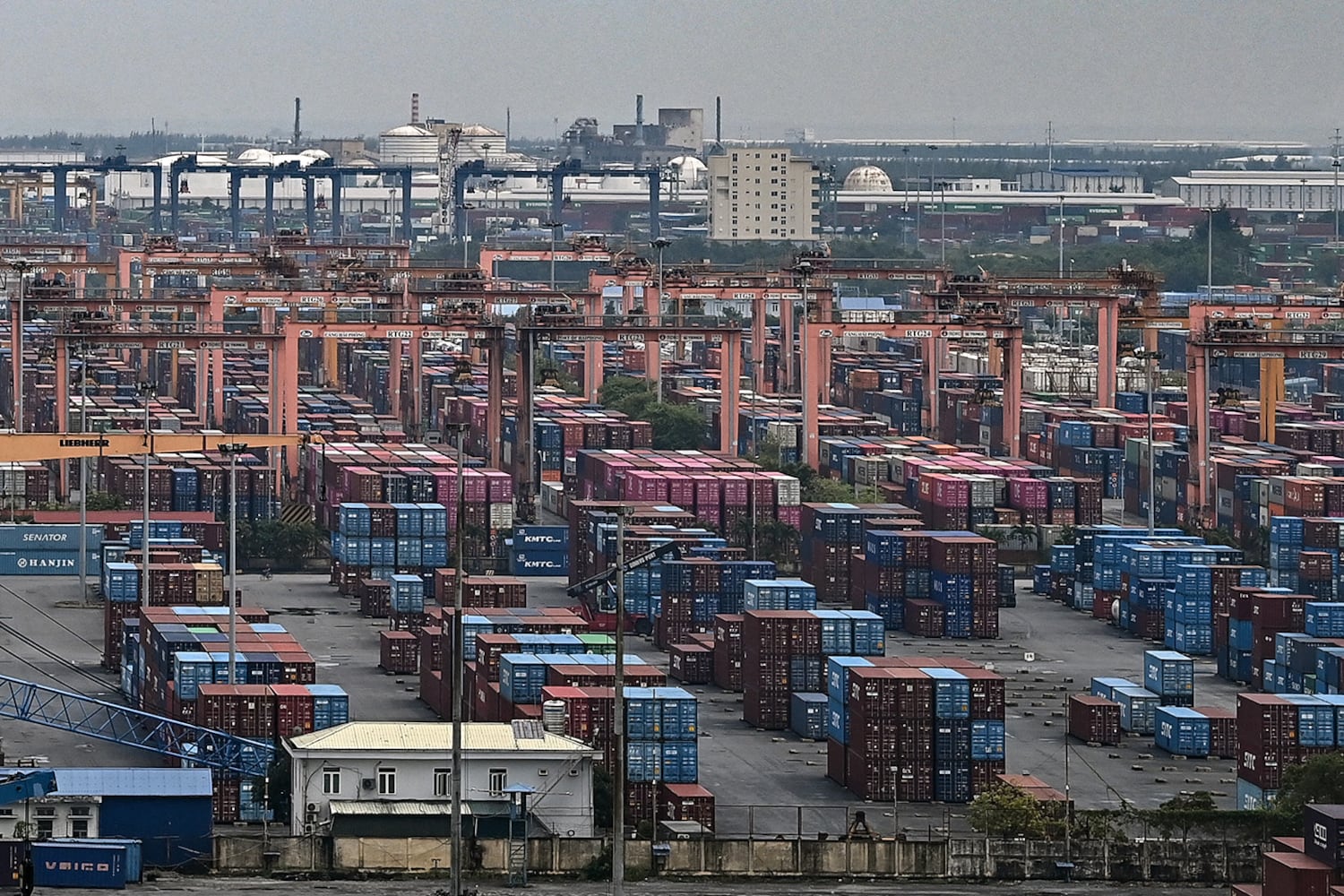
On Aug. 2, the U.S. Department of Commerce decided not to award Vietnam with “market economy status.”
This was a top priority for Hanoi and their embassy in Washington, which hired a white toe law firm to lobby on its behalf. U.S. allies Japan, Australia and Canada all classify Vietnam as a market economy.
Expect no progress
Hanoi was “disappointed” with the decision, and yet it was naïve to think that in an election year that came down to a handful of battleground states in the industrial midwest that Washington was going to classify it as a market economy, when so much of the Vietnamese economy remains protected or state-owned.
The Economist Intelligence Unit ranks Vietnam as the fourth most exposed to trade policy changes under the Trump administration, with the third largest trade surplus with the U.S. behind China and Mexico.
While market economy status remains a Vietnamese diplomatic priority, Hanoi should expect absolutely no progress towards this in the coming years.
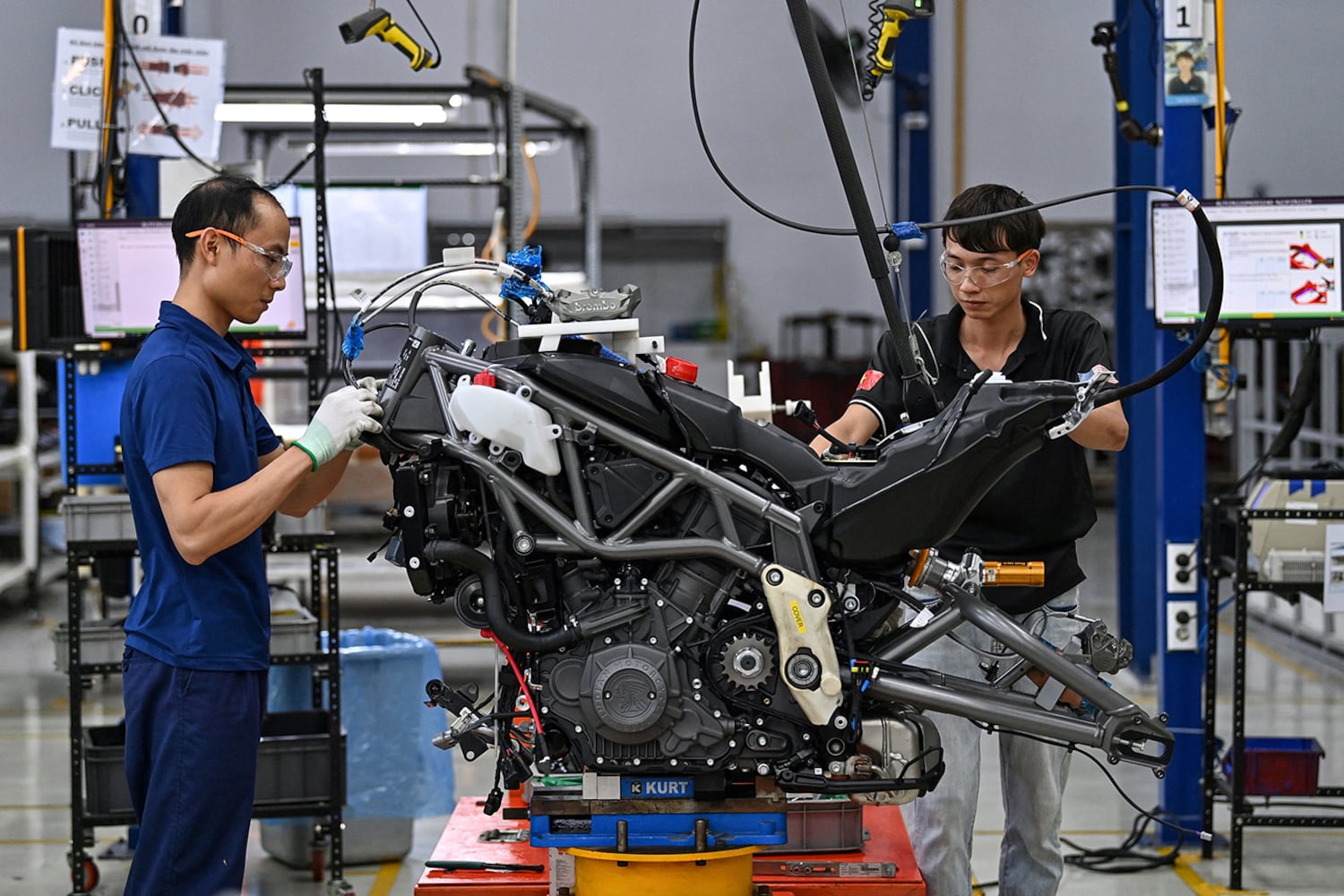
Vietnam will want to continue to pursue a bilateral trade agreement with the United States.
Free trade agreements have been one of their key policy agendas, having joined four multilateral Free Trade Agreements (FTA), including the ASEAN Free Trade Agreement, the ASEAN-EU FTA, RCEP, as well as bilateral FTAs with the United Kingdom, South Korea, and Japan.
And yet, Hanoi should not have high expectations here, either.
When the Trump administration withdrew from the Trans-Pacific Partnership in 2017, they dangled the prospect of a bilateral trade agreement, but it has never been concluded.
That, in part explains why the United States is only the 11th largest foreign investor in the country – though some U.S. investment goes through Singapore. If firms are concerned about the imposition of high tariffs, as Trump has promised, that will further dampen direct investment in Vietnam.
The importance to Vietnam of trade with the United States cannot be overstated. Exports to the United States account for 22.1% of GDP in Vietnam, whose total exports account for over 80% of GDP, making Vietnam highly vulnerable to externalities.
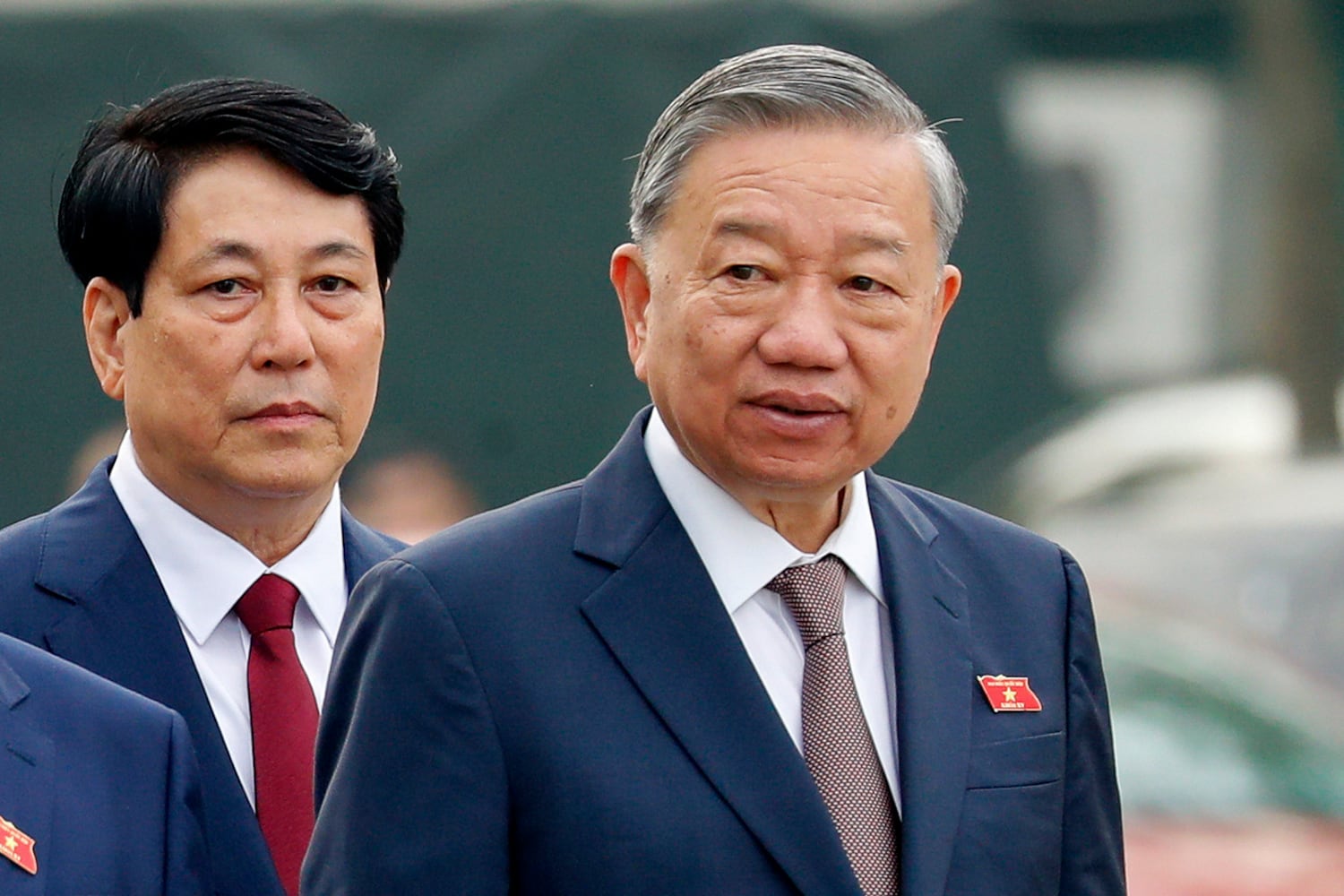
That trade surplus with the United States is important for another reason: it cancels out Vietnam’s enormous annual trade deficit with China.
While trade is going to be an irritant in the bilateral relationship, Hanoi has reached out to the incoming administration.
In September, the Trump Corporation reached a deal for a $1 billion investment in a golf course and hotel in Hung Yen province, outside of Hanoi. Hung Yen is the home province of Communist Party General Secretary To Lắm and key figures in his inner circle.
Pass on human rights
Traditional irritants in the bilateral relationship – including human rights, labor rights, freedom of religion – are non-issues for the Trump administration.
Hanoi will be elated to get another four-year pass on human rights, which are already highly curtailed and are expected to worsen in the run up to the 14th Communist Party Congress in January 2026.
Perhaps the one exception to this could be in the high-tech sector.
Vietnam’s data, localization requirements and myriad of laws governing social media are not welcome by the U.S. tech behemoths. If there is any pushback against Hanoi, it will be here, and driven largely by corporate interests.
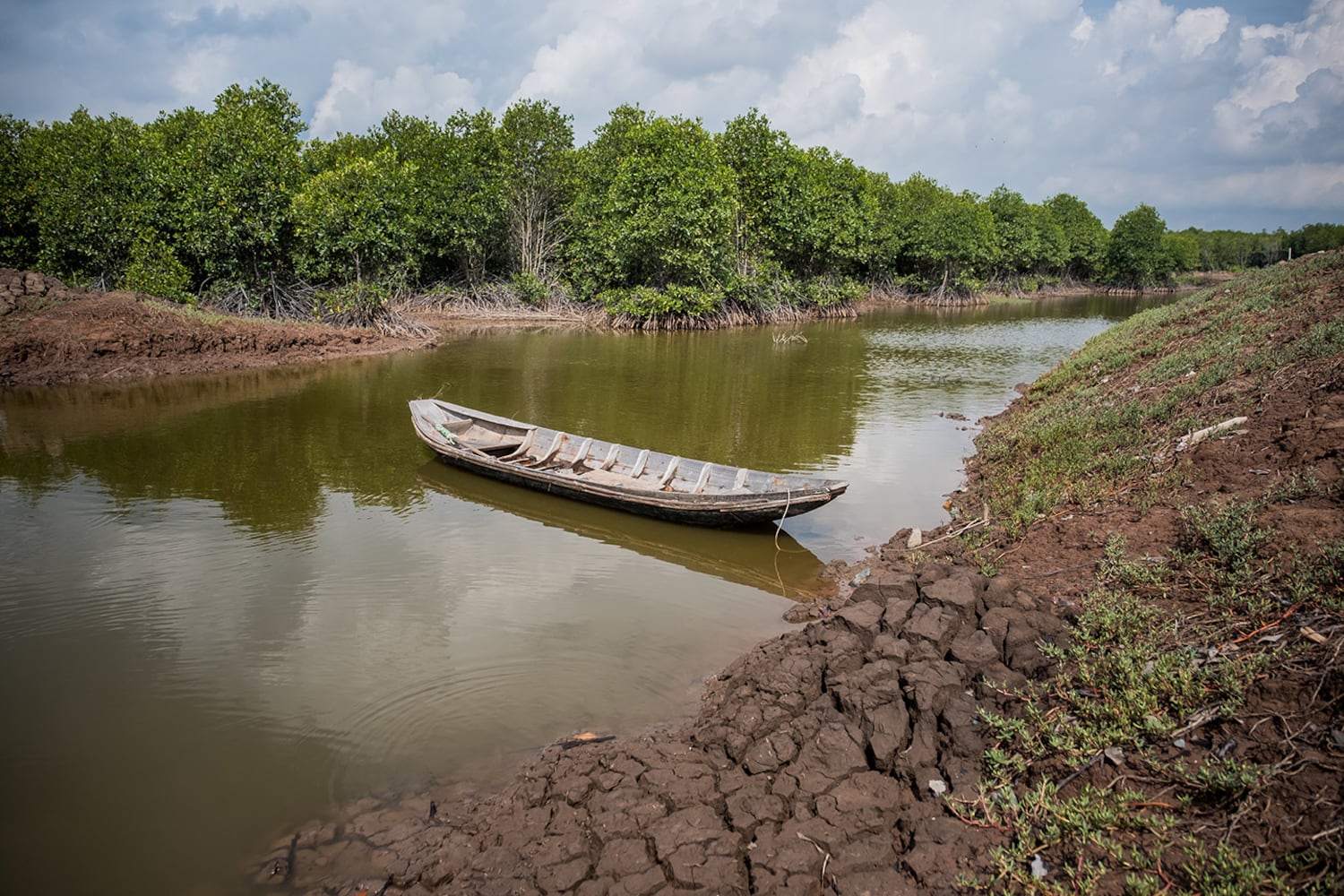
On the energy and environmental front, Vietnam will have a mixed relationship with the new administration, which both denies climate change and doesn’t want to be bound by multilateral agreements on CO2 reduction.
For a country like Vietnam that is being battered by an increasing number of named typhoons, and whose food security is imperiled by saltwater intrusion into the Mekong Delta, this should be troubling.
But Vietnam has backpedaled on its own climate transition plans and continues to build coal-fired power plants. Hanoi should expect a significant decline in U.S. financial support for the energy transition.
Perhaps the one area of cooperation could be in the field of critical minerals.
Following the 2010 collision between a Chinese trawler and Japanese Coast Guard patrol boats near the Senkaku Islands, China temporarily cut off the export of rare earth minerals to Japan.
While this led to the development of mining in a host of other countries, China continues to have a near monopoly on mineral reprocessing.
Vietnam has the second largest reserves of rare earth minerals after China, an estimated 22 million tons. And yet the country has very limited reprocessing capabilities. Right now, investment conditions in this sector are very poor.
Geopolitical shift
The Vietnamese public tends to like Trump for his tough stance on China, which has led to supply chain diversification to countries like Vietnam and India.
But the reality is that Vietnam is deeply tied to China’s supply chain, and any larger trade or military confrontation would be bad for Vietnam’s economy.
With little in the way of security cooperation between the United States and Vietnam, Hanoi is unlikely to feel an immediate impact from abrupt U.S. policy changes. Vietnam will quietly continue its defense modernization and supply chain diversification.
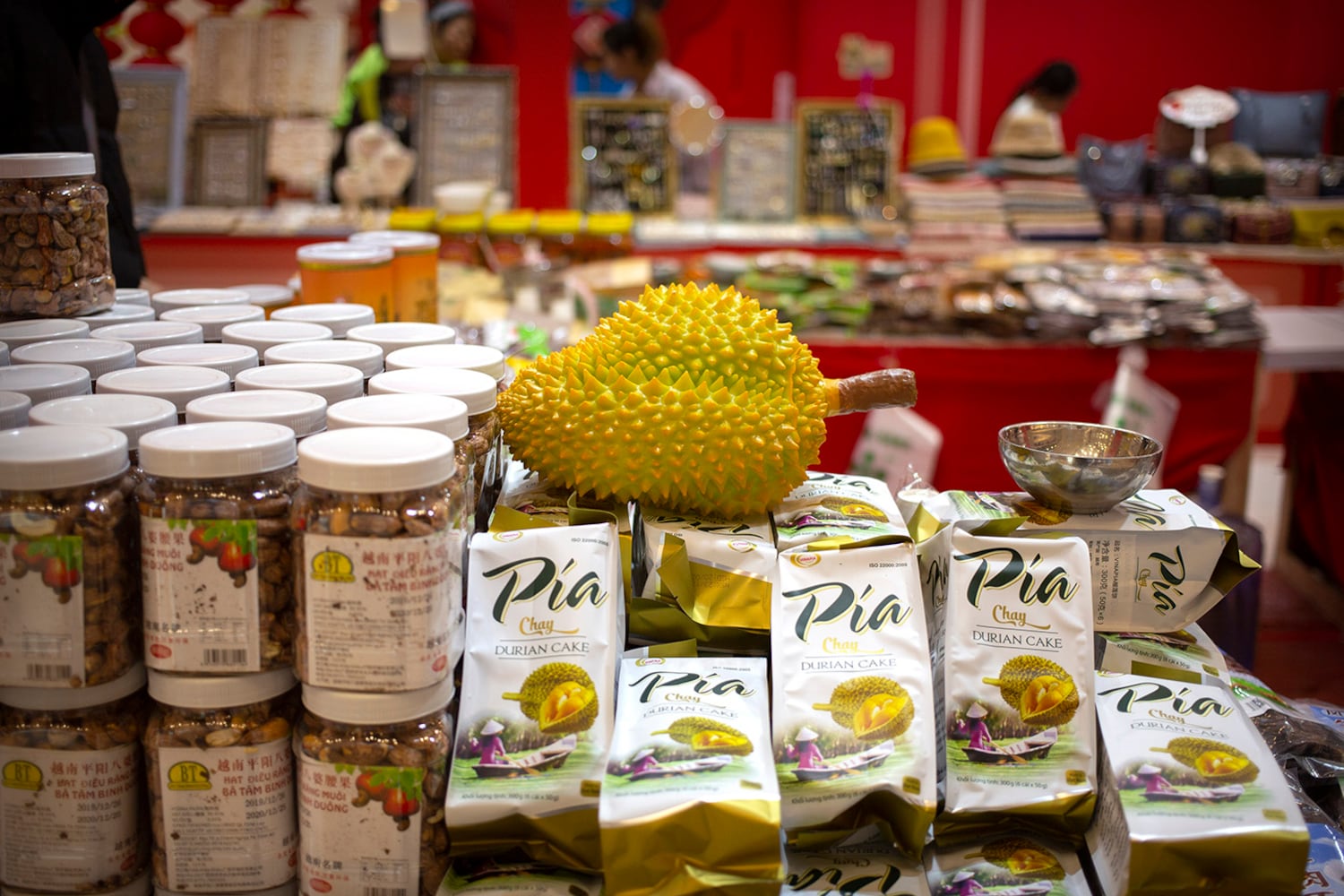
And while Hanoi’s adept multipolar diplomacy means the Vietnamese are not overly dependent on Washington, no one has maintained regional peace and security in the Asia-Pacific region more than the United States.
Vietnam will also have to adapt to any new regional security architecture that develops in the absence of U.S. leadership under Trump, who has made no secret of his disdain for alliances and partnerships.
A U.S. pullback could embolden aggression from China, which is too large and capable to deter unilaterally.
Japan, South Korea and Taiwan are going to have to reassess their relationship with Washington and should expect to be far more responsible for their own security. But they will also have to step up their security cooperation with countries like Vietnam.
The Trump administration will accelerate the multi-polar world order, something that Hanoi, with its recent partnership with the BRICS group of developing countries, wants to see.
At the same time, Vietnam is cognizant that the rules-based international order will be weakened in coming years.
Zachary Abuza is a professor at the National War College in Washington and an adjunct at Georgetown University. The views expressed here are his own and do not reflect the position of the U.S. Department of Defense, the National War College, Georgetown University or Radio Free Asia.
This content originally appeared on Radio Free Asia and was authored by Zachary Abuza.
This post was originally published on Radio Free.